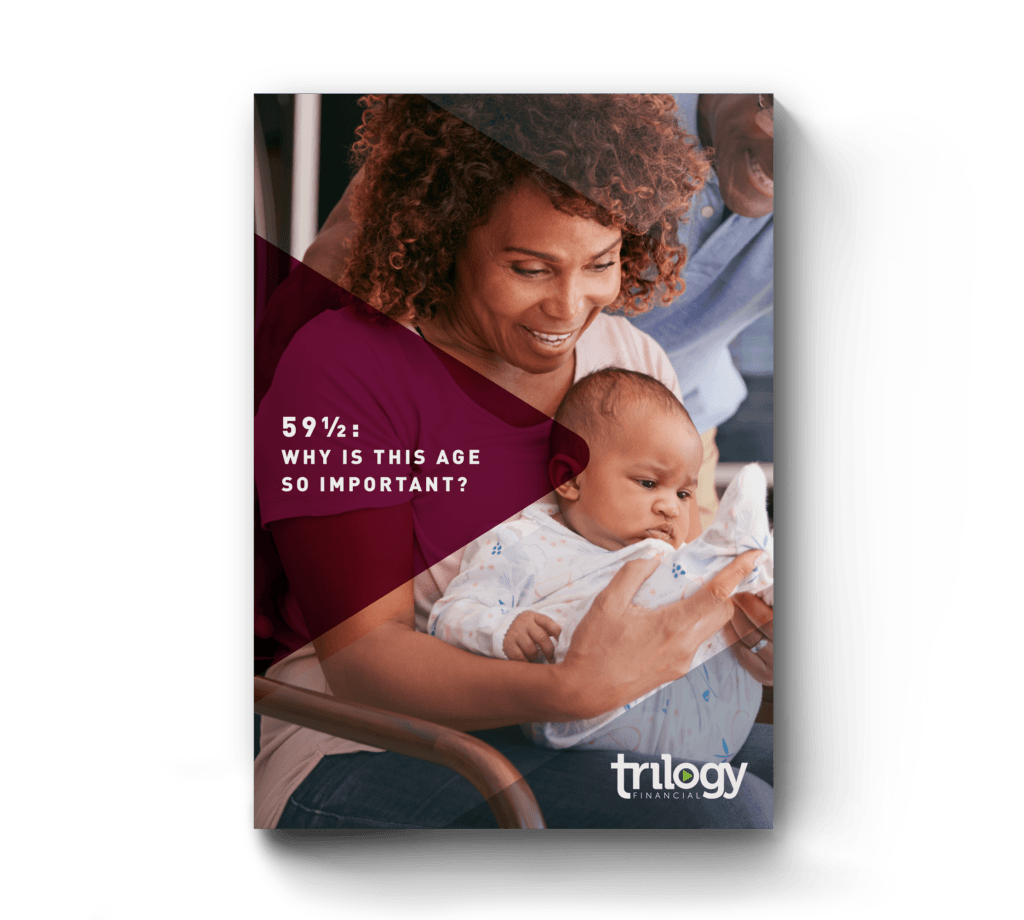A generation or so ago, the path to financial freedom was pretty direct for most. You found a job and saved for a home and a rainy day. When it was time to retire, you collected from a pension and enjoyed your remaining twilight years. Over time, things have drifted away from womb-to-tomb employment and gotten a lot more complicated. Today’s Americans have to be much more proactive with their finances. In this day and age, saving isn’t enough. Make sure your money is working as hard as you work for it.
There are a lot of concerns for the future. Buying a home. Sending kids to college. Making sure that your current career will be around to see you to retirement. People are living longer, so their retirement money has to go farther. Many high costs associated with medical care aren’t covered by Medicare, such as many prescriptions and long-term care. Pensions are no longer viable option for most Americans, and Social Security, a program that was never intended to replace income, no longer provides the level of security people need for their future. There’s a lot to prepare for.
Due to these concerns on the path to financial independence, people need to be mindful of their money. Even the most conservative Americans need to do more than contribute to a standard savings account, which can’t keep up with the rate of inflation. Investing your money will grow it exponentially faster than simply saving due to the power of compound interest. Yet, preparing for the future can be very emotional work. Today’s retirement planning relies far more on the decisions made by an individual rather than a company or organization, which can be a lot of pressure. Fears of not having enough money, a very common concern, can cloud decisions and can prompt people to react rather than plan. This is why an objective third party is necessary. Financial advisors can see past the emotions and help you plan your path to your financial freedom.
In this day and age, there are real and unique concerns that can derail you from the path to your financial independence. Trilogy Financial is here to help you establish your goals and invest your money to help get you where you want to go. It is our mission to ensure that every American, from Main Street to Wall Street, has access to great planning and the tools to establish their financial independence.


